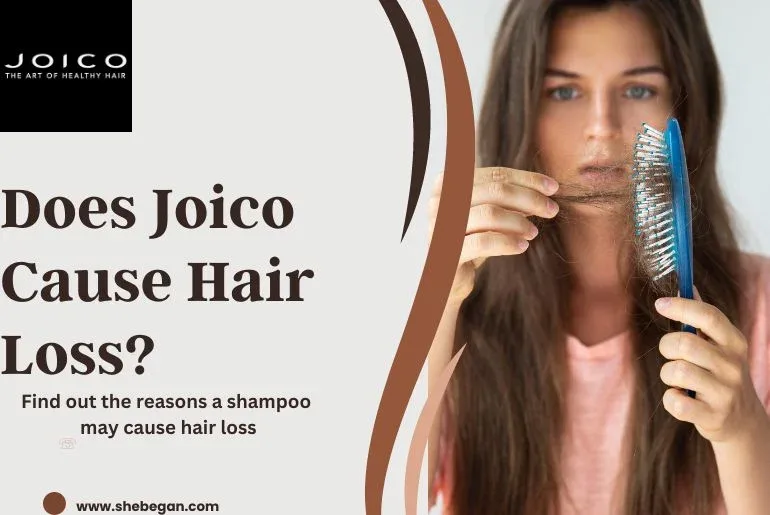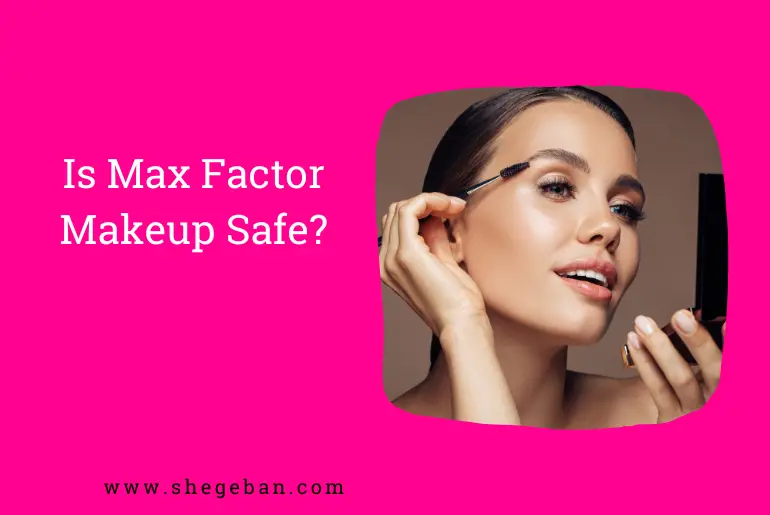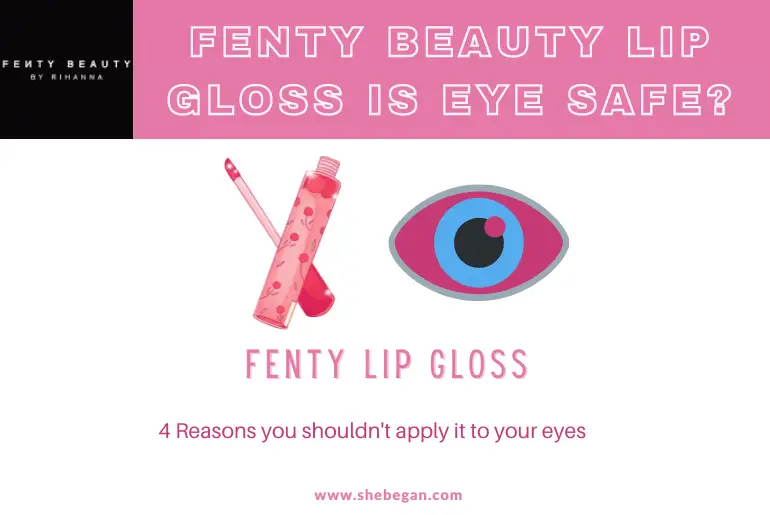Just like with anything else, there is bound to be some side effects when using Shampoos; you must agree. To help you make an informed decision before buying a product is why necessary findings are encouraged before trusting a brand with your hair. There have been numerous speculations, but it’s all centered around one question; does Joico cause hair loss?
Frankly, the reviews have been different regarding Joico causing hair loss. Many users have complained about their hair falling out from its usage since inception, some later after a few weeks, while others have experienced no such thing. This has made us endeavor to gather the facts surrounding this speculation and other things to know about hair shampoos.
- About Joico Haircare
- Reasons a Shampoo May Cause Hair Loss
- What Ingredient in Shampoos Cause Hair Loss?
- Common Ingredients in Most Shampoos You Should Know About
- What Shampoos Do Not Make Hair Fall Out?
- Is Joico Good for Thinning Hair?
- Can I Use Joico Shampoo Every day?
- Does Shampooing Every Day Cause Hair Loss?
- Take Away
About Joico Haircare
Joico haircare is specially established to give hair a healthy and smooth look. The products contain proteins, keratin, and ceramides that help strengthen the hair root and nourish the hair strands. Their shampoos are available with different strengths and should be used depending on your hair type and your choice.
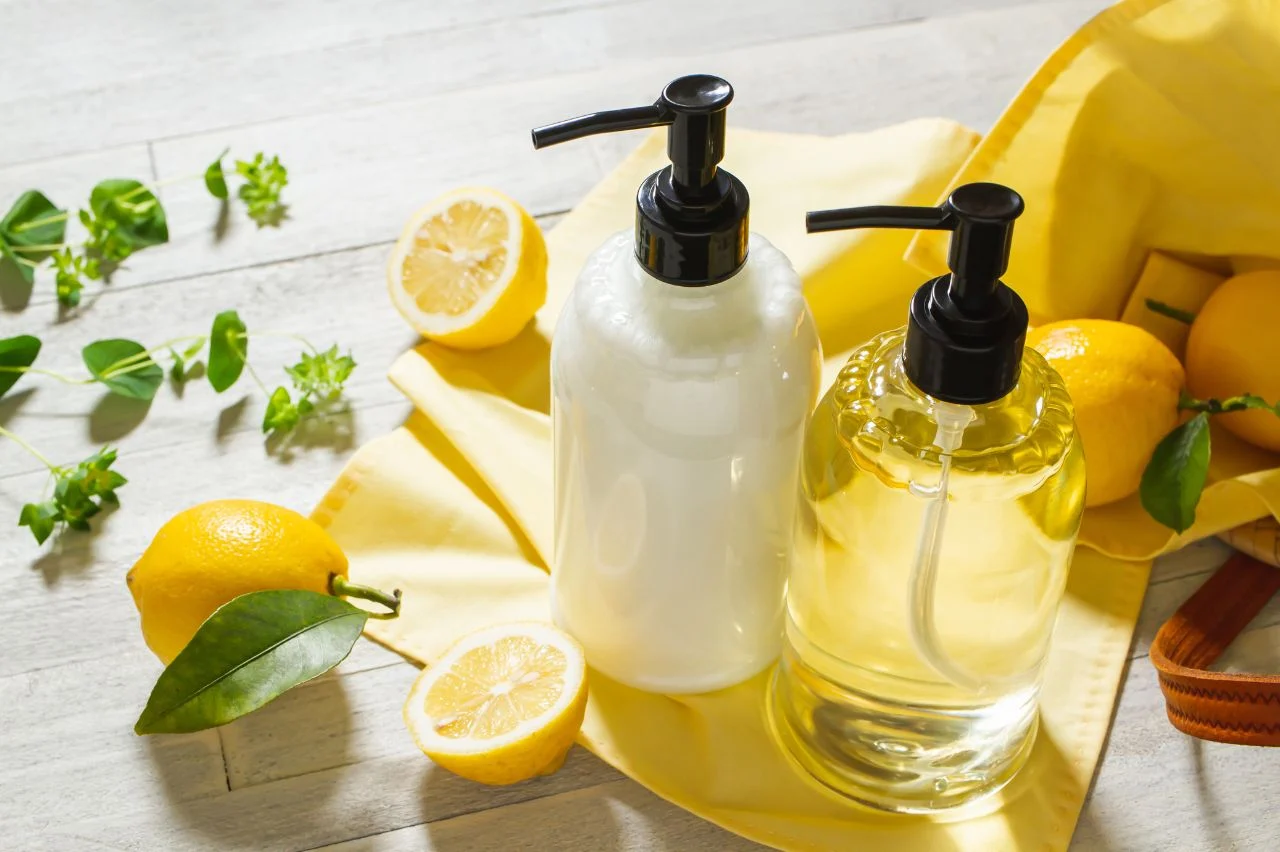
The shampoos are specially formulated to cleanse and replenish hair without drying it out. The product range includes various products designed to suit different hair types and conditions.
Whether your hair is dry, oily, or normal, there’s a Joico shampoo for you. Several different formulas are available, such as moisture-rich hydrating shampoos, nourishing conditioning shampoos, and color-protecting cleansing shampoos.
Reasons a Shampoo May Cause Hair Loss
It’s hard to believe that shampoo can cause hair loss when many swear by their favorite products. But the truth is that some shampoos can cause thinning, shedding, and breakage. Here are some reasons a shampoo may cause hair loss:
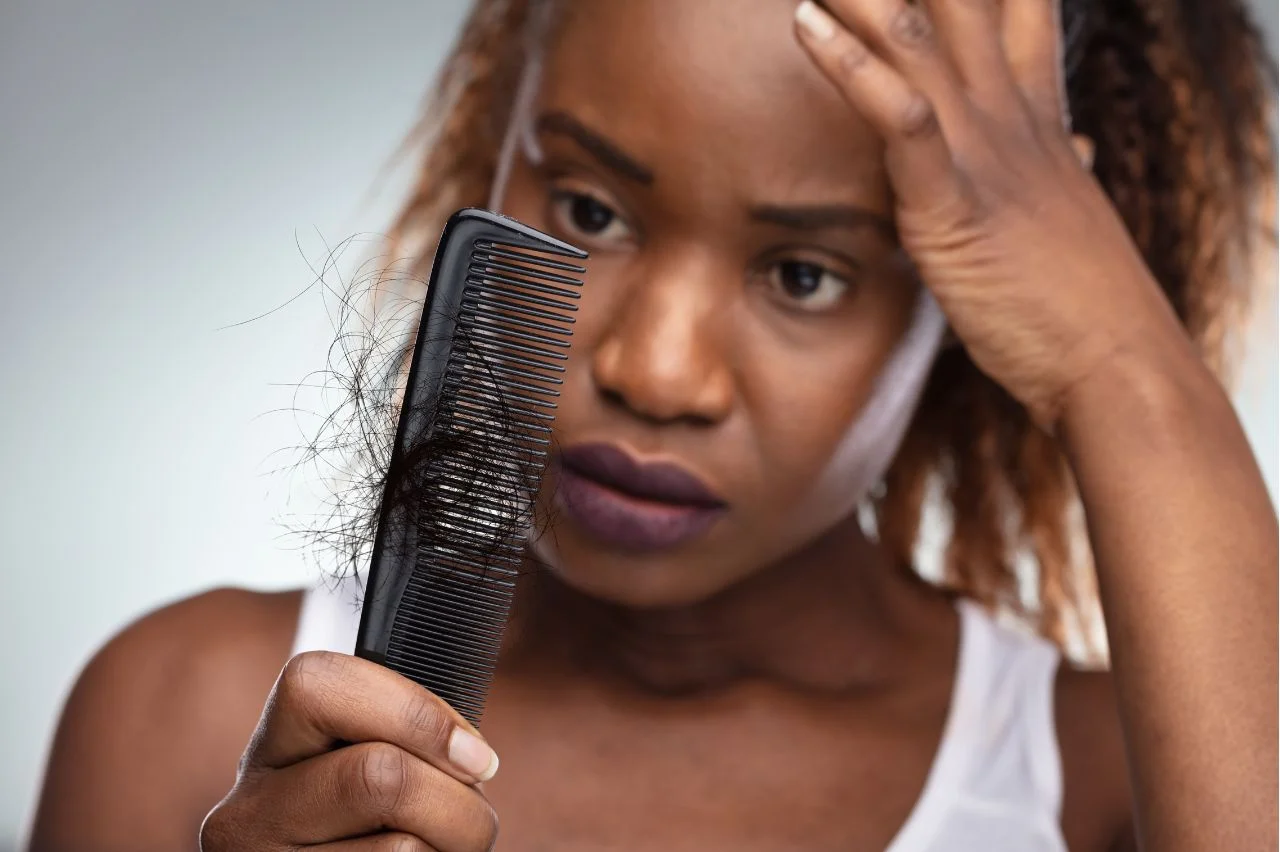
1. You have a sensitivity to certain ingredients in the shampoo
Some people have allergies or sensitivities to certain ingredients in shampoos, including sulfates (sodium lauryl sulfate or sodium Laureth sulfate), parabens, fragrances, and dyes. The ingredient that causes an allergic reaction varies from person to person.
The reaction may be immediate or delayed, but if you have been using the same shampoo for several weeks with no problems but suddenly start losing more hair than usual after using it again, consider changing your routine.
2. Irritation from heat styling tools
Your scalp can irritate from overprocessing or overusing heat styling tools. Using heat tools such as blow dryers or flat irons frequently can cause inflammation and irritation on your scalp, which may lead to increased shedding and thinning hair over time due to breakage caused by heat damage to your strands.
3. Presence of harmful chemicals in the ingredients
Some chemical ingredients can cause hair loss. This is especially true if you have sensitive skin or scalp and use a shampoo containing ingredients such as sulfates, parabens, and phthalates.
These chemicals can damage your scalp and cause inflammation that leads to hair loss. If you have sensitive skin or scalp, it’s best to avoid chemical-based products like shampoos that contain these harmful compounds. Instead, look for organic shampoos that don’t contain these chemicals.
4. Using too much shampoo
Too much shampoo can dry the scalp and result in dandruff and itchiness. This could cause excess hair shedding from the head due to irritation caused by dandruff or scratching the scalp due to itchiness. Try using less than what the manufacturer recommends on the bottle and see if it helps reduce shedding.
What Ingredient in Shampoos Cause Hair Loss?
Some shampoos contain ingredients that are harmful to your hair. The most common culprits include:
1. Sodium lauryl sulfate (SLS)
This is a popular ingredient in most commercial shampoos, but it’s also known to irritate the scalp and skin. It’s also known to strip away natural oils from the scalp and hair, which leads to flaking and dandruff. In some cases, SLS can even cause chemical burns on the scalp.
2. Parabens
Parabens are used as preservatives in cosmetics, including shampoos, moisturizers, and conditioners. They’re effective at preventing bacterial growth but can also be absorbed into the skin when applied topically.
Some parabens have been linked to hormone disruption and cancer risk in animals, though there’s no conclusive proof that they’re dangerous for humans yet.
3. Phenoxyethanol
This is another chemical found in many mainstream shampoos that many people often consider unsafe due to their toxicity levels. While it doesn’t pose any immediate health risks when used sparingly, it has been linked to several negative side effects, such as skin irritation, allergic reactions, and contact dermatitis when used over long periods (or if exposed to large amounts).
4. Fragrances
Fragrances are essential ingredients in almost all shampoos because they provide a nice smell and a feeling of freshness after using them. However, fragrances can also cause allergic reactions like itching and rashes on the skin. These reactions may not be visible, but they can still irritate, leading to skin redness around the area where you applied the shampoo. You can opt for fragrance-free shampoos instead.
Common Ingredients in Most Shampoos You Should Know About
The most common ingredients in shampoo are:
1. Conditioners
Conditioners give your hair moisture, making it easier to comb and style. They can also help repair damaged hair cuticles by smoothing out the rough edges that make your hair appear frizzy or dull. Conditioners are also meant to soften and moisturize your hair after you’ve cleaned it.
Conditioners can come in the form of silicone derivatives or fatty alcohols. Silicone derivatives leave behind a coating on your hair that helps prevent damage from heat styling tools, while fatty alcohols help keep moisture in your hair shafts.
2. Detergents
The primary function of these ingredients is to clean hair and scalp by removing dirt, oil, and other impurities. They are also responsible for providing a rich lather during application. Common detergents in shampoos include sodium lauryl sulfate (SLS) and Cocamidopropyl betaine (CAPB). Sulfates are considered harsh detergents;
However, they effectively remove grease and oil from your hair. Sulfates are also used in many household cleaning products because of their ability to clean surfaces quickly. The downside is that sulfates can dry out your skin and scalp and strip away natural oils from your hair, making it appear duller than it normally would be without these ingredients.
3. Sequestering agent
Sequestering agents help to prevent the build-up of minerals such as calcium or magnesium on the surface of the hair shaft due to hard water conditions (water with high mineral content).
If you have hard water at home, your shampoo may not foam as much. This is because there are more minerals in it than usual, resulting in fewer bubbles being formed.
4. Thickeners and Opacifiers
Shampoos commonly contain thickeners and opacifiers, which help make the product feel thicker in your hands and coat your hair better. They also help make it opaque so you can’t see through the bottle. These chemicals can be made from plant oils, silicones, or synthetic materials. They help provide a rich lather while cleaning your hair and scalp.
5. Preservatives
Shampoos are a breeding ground for bacteria and fungi because they’re so much more watery than other products and don’t have any real preservatives added to them. So even if you use a new bottle every time, bacteria will still be in it by the time you get around to using it.
That’s why preservatives are necessary; they keep bacteria at bay until you’ve used up the entire bottle. These prevent bacterial growth in the shampoo during storage and use by killing bacteria or inhibiting their growth so they can’t multiply on your scalp or hair follicles.
What Shampoos Do Not Make Hair Fall Out?
Some shampoos are specifically designed to prevent hair from falling out. This is because they contain some key ingredients. Those ingredients are included in our 3 shampoo picks. If you’re worried about shampoo making your hair fall out, it may be time to switch up your routine. Here are some shampoos that do not make hair fall out:
1. Biotin Shampoo and Conditioner Set for Hair Growth
Nourish your hair and scalp with this Biotin Shampoo and Conditioner Set. This combination of shampoo and conditioner contains Biotin, Hydrolyzed Keratin, Spirulina extract, and other nutrient-rich botanicals to give you thicker hair. It naturally supports hair growth by blocking DHT, a primary cause of thin, weak hair. It removes DHT to give you shiny and denser hair.
2. Volumizing Biotin Shampoo for Hair Care
This biotin shampoo and conditioner is ideal for fine hair lacking in volume and body. Featuring keratin and coconut oil, it helps rehydrate and revitalize your hair for a healthier appearance. As a bonus, the biotin shampoo also contains B vitamins to promote hair growth.
3. Hair Growth Shampoo Conditioner Set
This Hair Growth Shampoo and Conditioner Set is formulated to help stimulate hair growth while being sulfate, paraben, and petrochemical-free. It is suitable for all hair types, including colored or damaged hair.
Is Joico Good for Thinning Hair?
Joico is a great choice for thinning hair. It is one of the top products recommended by dermatologists to treat thinning hair. Their gentle shampoos cleanse your hair and scalp without stripping them of their natural oils. It contains a blend of botanicals that nourish and hydrate the scalp, which can be very dry and irritated when you have thinning hair or dandruff.
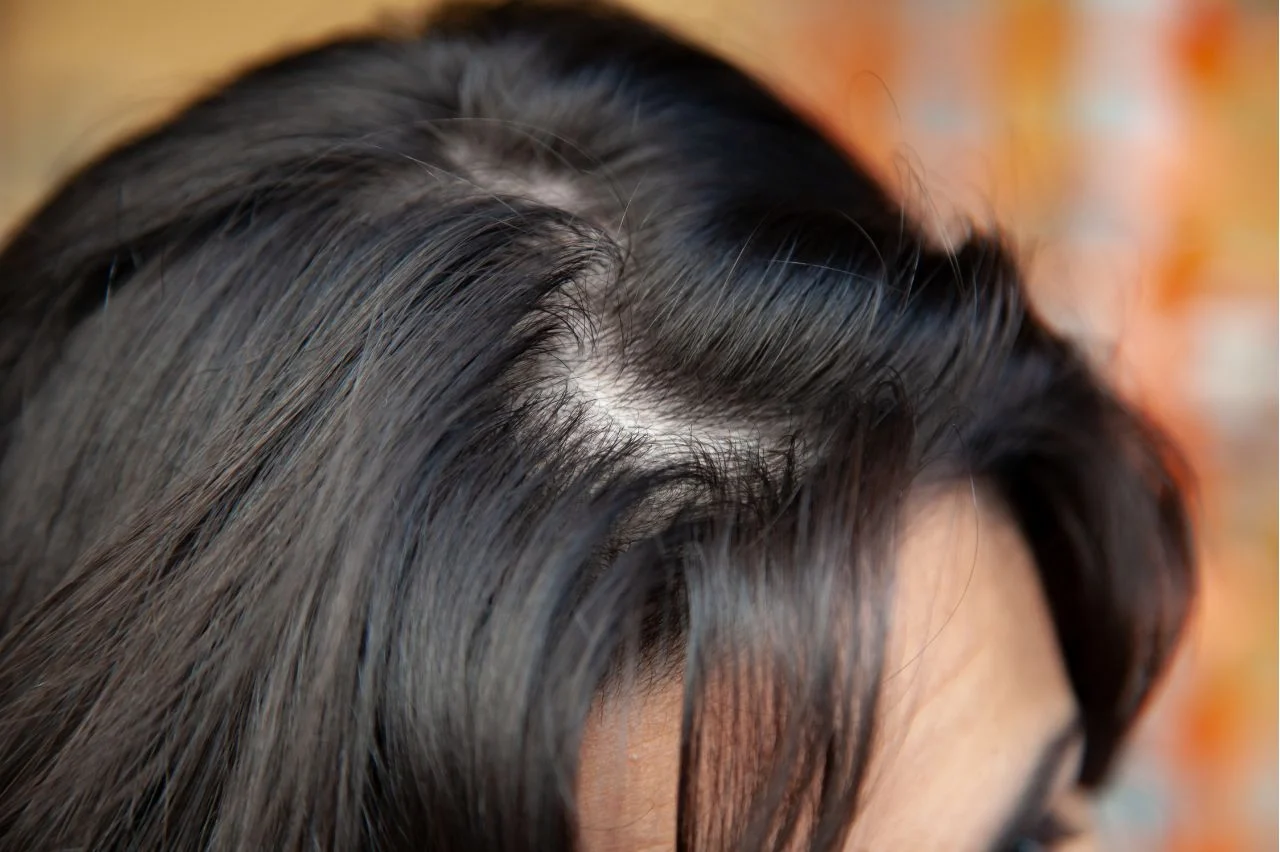
Joico shampoo is one of the best brands for hair loss. This shampoo is specially formulated for thinning hair, so it’s a great choice for people looking for shampoo to help them grow their hair back.
Can I Use Joico Shampoo Every day?
Yes, Joico shampoos are excellent for everyday use. They will not damage your hair or dry it out. The shampoo cleanses and conditions your hair, leaving it soft and manageable. The mild cleansers provide gentle cleansing while maintaining the integrity of the hair structure.
Their formulas are pH balanced with a mild detergent system that allows you to use it every day without causing damage to your hair or scalp.
NOTE: You may want to confirm with your physician if your hair type is compatible with everyday shampoo use. This is because not all hair types can withstand the constant contact with some chemicals in shampoos.
Does Shampooing Every Day Cause Hair Loss?
Even though it’s tempting to shampoo your hair every day, it’s probably best to test it out first or seek a professional’s advice before shampooing your hair every day. When you shampoo too much, you may remove some protective oils from your scalp and follicles. This makes them more prone to drying out or becoming damaged by the environment.
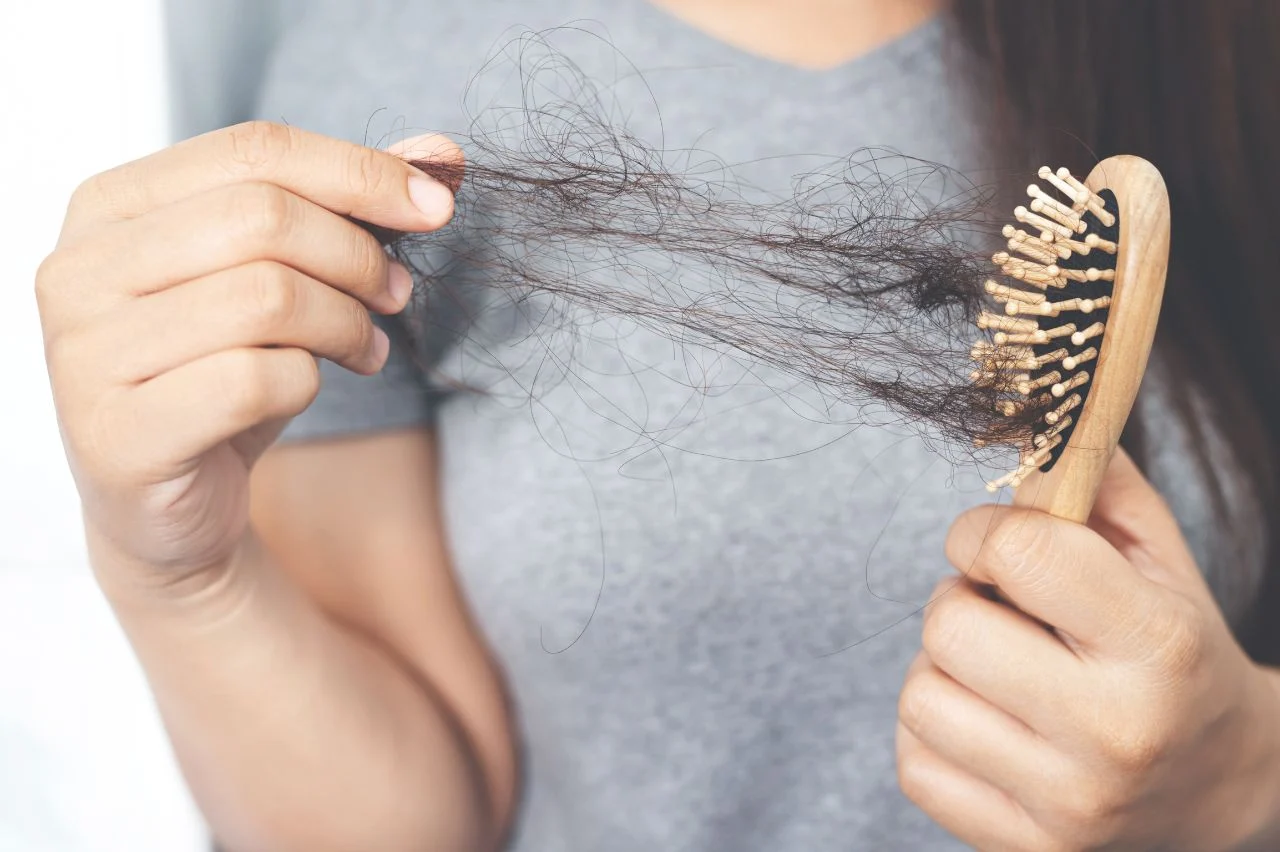
This is why some people experience dandruff problems when they wash their hair too often or use harsh shampoos that strip away too much oil from their scalp prematurely. There are two things you can try. First, test a product for everyday use over a few weeks, or seek a professional’s advice. But I recommend spacing your shampoo usage if you have normal hair.
Take Away
While there is mixed opinion on the possibility of hair loss with Joico, you may also consider other factors, such as stress and body chemical reactions. Your best bet is always to test out.

